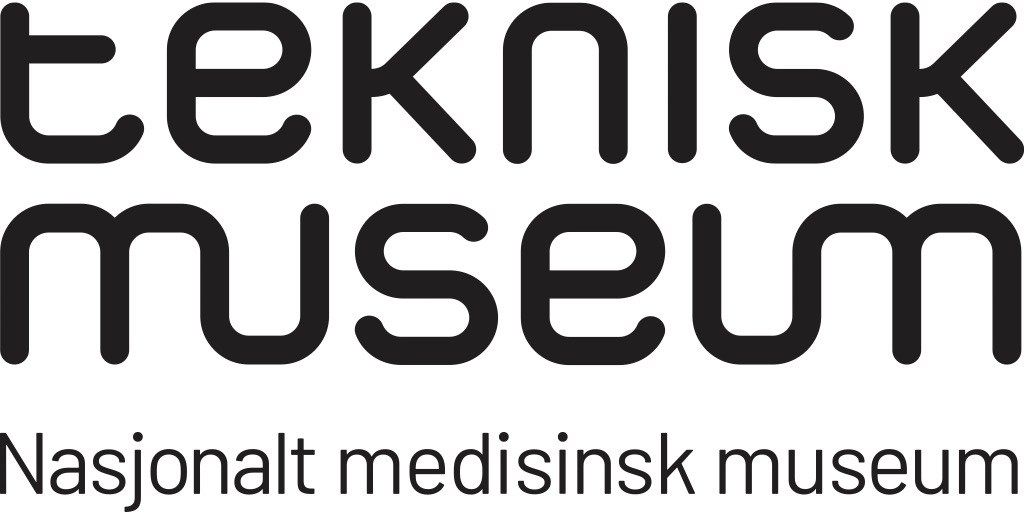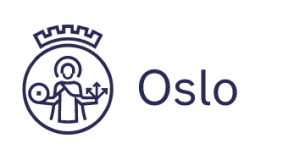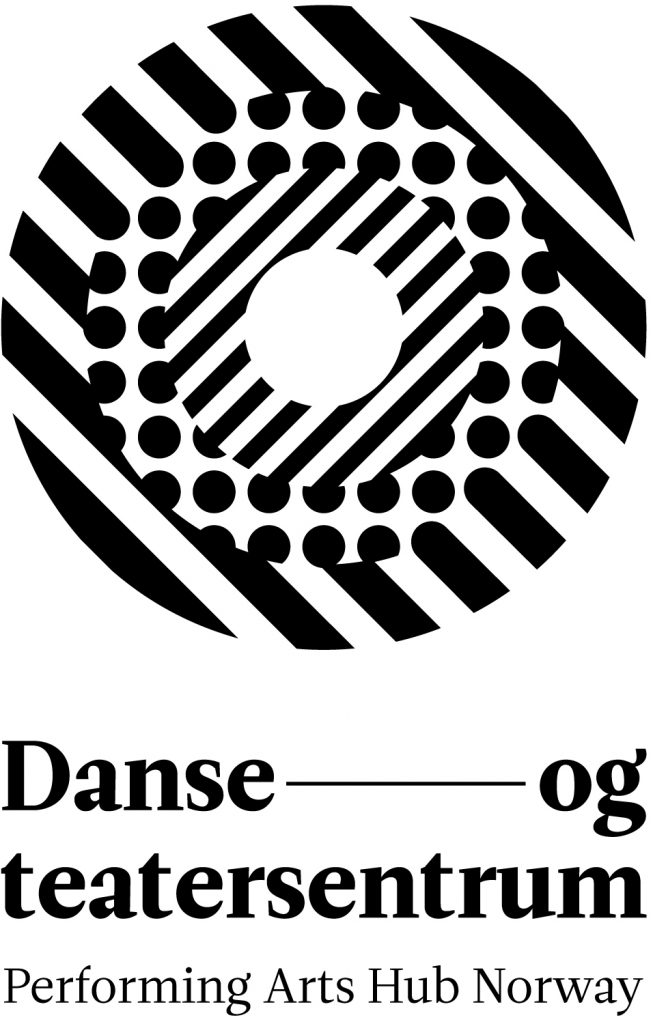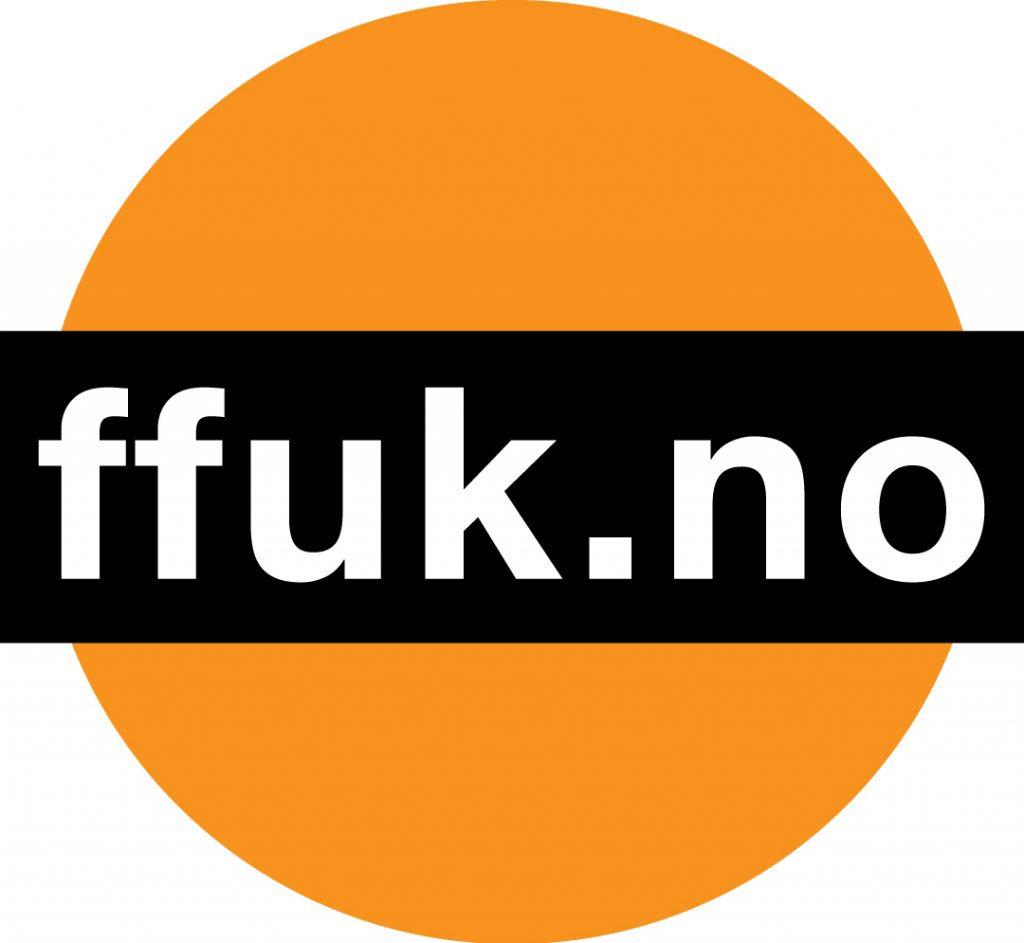Talks and workshops
Documentation of these events will be available at fluidspaces.org in September 2022.
Thursday 21 April
Forces, relationships and directions in liquid metabolic fields with Konrad Obermeier
Konrad Obermeier draws a line from Blechschmidt’s tradition of studying embryology to the importance of movement relationships – positionality, dynamics, development and growth – to contemporary developmental biology’s understanding of “environment”. The Biodynamic point of view proposes a number of principles and regulations for these developmental processes. Together we will look at these principles and a few examples of their dynamic application.
Konrad Obermeier is the editor for Kiener Verlag (Munich) of the Embryological writings of Dr. Erich Blechschmidt. He studied Communication and Anthropology, University Munich. Since 1991 he has run a Somatic Praxis in Rolfing and is on the faculty Rolf Institute (USA) since 1996.
Friday 22 April
Aspects of the developmental movement of the foot with Konrad Obermeier.
Understanding the body as developmental movement allows us to comprehend the manifestation of structure and function as a unified field. We will discuss the development of the foot and leg as an example of this elegant perspective.
The body and the body politic: New constituencies with developmental biologist Scott Gilbert
The body politic metaphor extends in different ways depending on how one views one’s body. There have been three main claimants to the dominant view of the body. The classical view is that the brain is the locus of identity, and that if I were to transplant my brain into you, you’d be me. This perspective privileges culture. A second view is that the immune system is the regulator of body identity. If I were to graft your skin onto my skin, it would be rejected. This view privileges defense. A very current view is that the genome determines identity. This view privileges heritage. There is now a fourth claimant, the holobiont body, a body where over 50% of the cells are microbial symbionts that are integrated into the physiological, anatomical, developmental, and immunological processes of the body. The development of the body occurs through teams of species, and immunity is a holobiont function wherein microbes and zygote-derived cells cooperate for mutual defense. Thus, the body can be considered as a political entity that has many differing constituents.
Scott F. Gilbert is the Howard A. Schneiderman Professor of Biology, emeritus, at Swarthmore College, as well as a Finland Distinguished Professor, emeritus, at the University of Helsinki. Trained as a developmental biologist and historian of science, Scott has been pursuing research in evolutionary developmental biology as well as studying the complex interactions between embryology, evolution, genetics, and ecology. His scientific research has focused on how evolutionary novelty comes into existence through changes in gene expression and changes in symbiont acquisition. His philosophical studies have most recently concerned the implications of the holobiont and process views of organisms to biology, philosophy, conservation efforts, medicine, and public health. He currently has three books in print: (1) Developmental Biology, (2) Ecological Developmental Biology, and (3) Fear, Wonder, and Science in the New Age of Reproductive Biotechnology. He has been awarded honorary doctoral degrees from the University of Helsinki (Finland) and the University of Tartu (Estonia), as well as receiving the Kowalevsky Prize in evolutionary developmental biology, the Viktor Hamburger Prize from the Society for Developmental Biology, the Service Award from the Pan-American Society for Evolutionary Developmental Biology, and a John Simon Guggenheim Award for his research. He.has participated in Vatican panels concerning embryology and religion. In 2016, he presented a lecture on developmental biology to His Holiness, the Dalai Lama.
Saturday 23 April
Family embryology workshop
We will explore embryology using touch and movement in a playful hour-long workshop for the whole family. How does it feel to be an egg, a sperm, a cluster of undifferentiated toti-potent cells, a body with no brain? Taught in Norwegian and English.
Aspects of the developmental movement of the respiratory diaphragm and the lungs in the embryo with Konrad Obermeier.
The movement of structure is mandatorily process oriented. Our perspective of a unified field ultimately encompasses the idea that the developmental movement (of structure) is the function. Contemplating lung development and breathing as the most fundamental movement of sustaining life will be the topic of Konrad’s third presentation.
Sunday 24
Embodied embryology workshop with Olive Bieringa
Artist talk with BodyCartography’s Olive Bieringa, Otto Ramstad, Carla Bottiglieri talk with Nasjonalt Medisink Museum curator Phil Loring
Wednesday 27
Making Connections: a special applications workshop for working with embryology for the work with children with disabilities with movement therapist and educator Thomas Greil
Our earliest experiences stem from the time we were in the belly of our mothers. These “memories” have descended into our unconscious mind where they are still part of who we are today. Any disturbances, shocks or traumas during that time have an effect, as well as the environmental conditions inside and outside of the womb. In the first month before birth babies develop their basic tonal state, their primary tone, determined by the capacity to condense and expand. An embryo floating in the amniotic fluid is in flexed position even though there would be plenty of space to stretch out. Only later when the space gets more and more limited by the elastic membrane of the womb, the baby starts to expand against the resistance of the uterine wall. In the birthing process the baby pushes itself out of the womb. This primary tone can be set off in children with developmental delays, premature babies, or children with disabilities. There can be a lack of tone (hypo) or an increased tone (hyper). Unless these tonal imbalances are addressed further progress can be limited or inhibited. Body-Mind Centering provides tools to support balance between condensing and expanding forces, and with that support postural tone. This allows moving away from gravity to lift the head, come to sitting and walking. The workshop gives a brief introduction to the idea of primary tone and offers small experiences to feel tonal changes in oneself.
Thomas Greil is a practitioner and trainer of Body-Mind Centering®, a JKA (Jeremy Krauss Approach) practitioner and a Registered Somatic Movement Therapist (RSMT). He is teaching and directing Infant Developmental Movement Educator programs in Europe, the US and South America since 2003 and is one of the co-founders of moveus as well as SOMA in France. He has extensive experience with babies and newborns. His work is particularly dedicated to the accompaniment of families with children with fragilities. He created the project “Making Connections” to support families with children with disabilities. He lives in Faenza, Italy, where he directs together with Carla Bottiglieri minima somatica, a nucleus of somatic research in practices and narratives of embodiment.
Learn more: Facebook tgreil (EN) www.making-connections.org www.minimasomatica.org https://www.youtube.com/user/patnam62
Thursday 28 April
“Biology as history” with anthropologist and philosopher Stefania Consigliere
Over the last 25 years, the ensemble of disciplines collectively called “life sciences” have developed a whole new paradigm for thinking, studying, understanding (and, yes, loving) the process of life. Among others, epigenetics and the study of microbiome have brought crucial insights in the deeply ecological, symbiontic and historical structure of organisms – including humans. As it now appears, we are not self-reproducing, self-centred and self-ish machines, but bundles of relations; half of the cells composing our bodies are not “ours” (i.d., they are not “self cells”), and the body’s developing path follows the lines of its ongoing exchanges with what is around: a uterus, a certain family, a specific social group, a culture, a history. There is no dividing history from biology: what happens during our lifetime determines our cell composition and leaves inheritable epigenetic traces. Oddly (and inspiringly, as well), contemporary life sciences seem to confirm what cultural anthropology has long claimed: the multiplicity of human worlds.
Stefania Consigliere (1969) is researcher in Anthropology at the University of Genoa, where she teaches Anthropology and Anthropology of knowledge systems and where she has organized two post-graduate courses in Ethnomedicine and ethnopsychiatry. Her main research lines focus on the debate over “human nature” and the processes through which human beings are produced by (and, in their turn, produce) the culture they belong to; and on the epistemological, ontological and ethical questions that arise when the anthropological precept of “taking other seriously” is, in its turn, taken seriously. She is author of more than 150 publications, among which are Antropo-logiche. Mondi e modi dell’umano (“Anthropo-logics. Human worlds and ways”, Colibrì 2014), Mondi multipli 1 and 2 (“Multiple worlds”, Kainos 2014, Strumenti di cattura (“Tools for capture”, with Paolo Bartolini, Jaca Book 2019) and Favole del reincanto (“Fables of the re-enchantment”, DeriveApprodi 2020).
Embodied embryology workshop with Olive Bieringa
Join the embodied embryology workshop to explore embryology through somatic practice, using touch and movement practices. The first 8 weeks after our conception is when our body forms its basic structure. In this period we form from an egg and sperm, transforming into a cluster of cells and a series of fluid spaces and become a highly differentiated human being. These fluid spaces and processes underlie our current structure and inform our current state of being. Each workshop will offer unique content.This workshop is open for anyone interested in development, cellular consciousness, movement, and mindfulness no matter what their level of experience with movement or embryology. Somatic practice is an integrated and embodied approach to movement, bodies and consciousness which can be practiced by anybody irregardless of age, ability, disability, or gender.
Olive Bieringa is a certified Teacher of Body-Mind Centering®. She directs the Body-Mind Centering Somatic Movement Education certification in Melbourne, Australia as Program and Educational Directors of Somatic Education Australia. She is based in Oslo. Together with Otto Ramstad she creates work as BodyCartography Project making performances, films, installations and workshops.
Friday 29 April
Embodied embryology workshop with Olive Bieringa
Saturday 30 April
Family workshop



![]()


